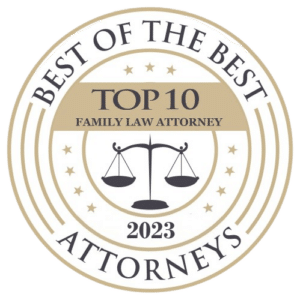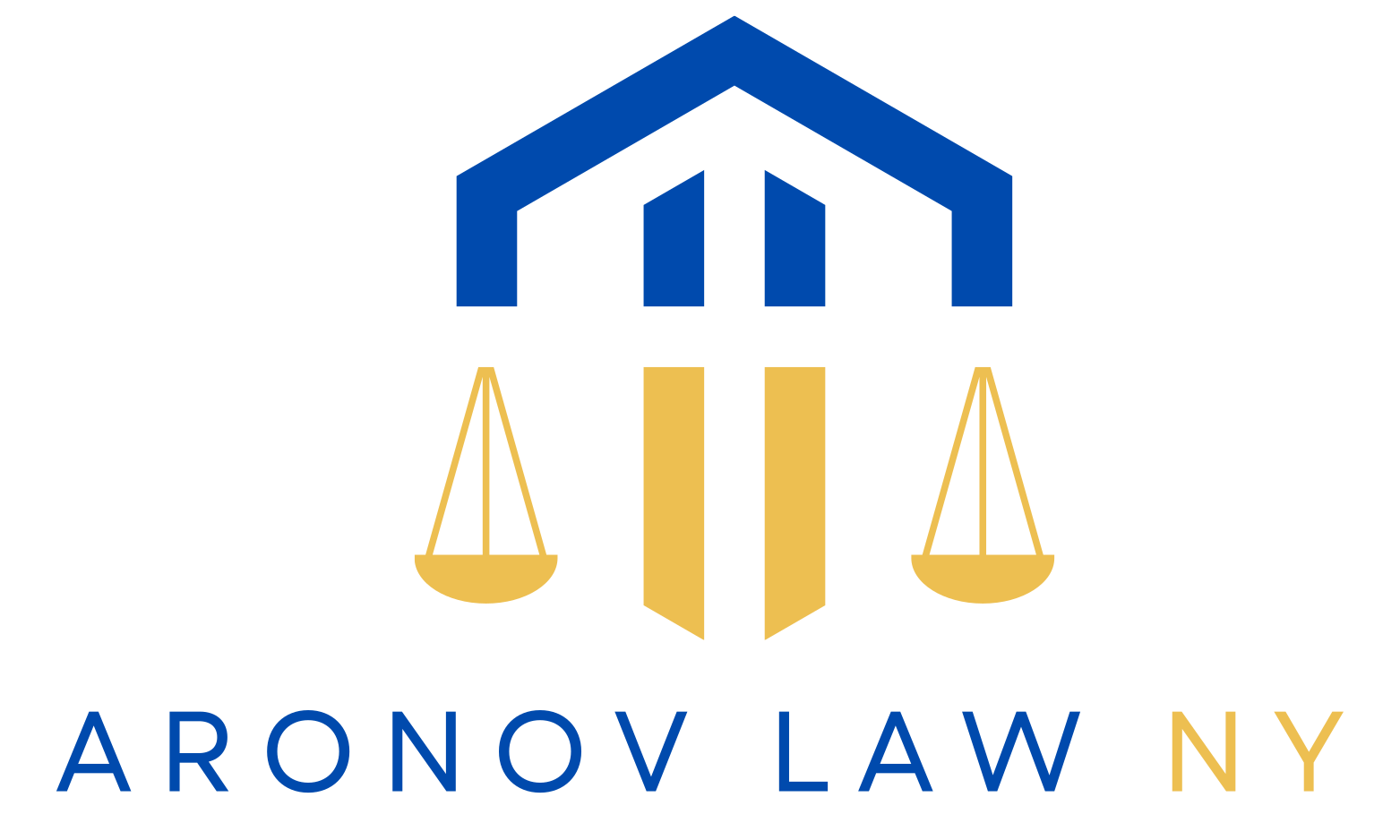Homestead Exemption For Your Home Or Property Under NY Bankruptcy Law
If you are considering filing for bankruptcy, one of your major concerns will likely be whether or not you will be able to keep your house. As someone who has had to navigate the frustrating and often humiliating ordeal of declaring bankruptcy, I have included the points I wish I had been able to easily access before I set out on my bankruptcy journey.
The first piece of advice I’d like to share and to emphatically stress is … don’t stress! Clearly, this is far, far easier said than done but if you keep reminding yourself (breathing deeply all the while) that every rigamarole, frustration, delay or challenge that comes your way, you CAN do this and you WILL eventually get through it. Try to set aside time to work on the bankruptcy application etc. when you can turn off your phone, shut the door and avoid interruptions. Okay, I know that sounds like fantasyland to some of you, but give it your best shot … it really does make a difference if you can put at least some of the distractions aside.
Now … let’s get technical. The research I have done lead me to the following information. I truly hope it helps dispel at least some of your concerns and clarify your exemption status under NY bankruptcy law.
- Value of the Home. This is the critical starting point question. It is always surprising how many people considering bankruptcy are not aware of the current fair market value (FMV) of their home (i.e., house, condo or cooperative apartment). Anyone considering a personal bankruptcy case needs to obtain current and accurate information regarding their home’s present value (FMV). Free online home value estimates (such as zillow.com) are not useful because they will not be a trustee or bankruptcy judge as evidence of value. A Broker’s Price Opinion is a good potential starting point However, the best evidence of current market value is a written appraisal report prepared by a licensed appraiser. In NY the current fee for an appraisal is about $550 – 750 depending whether it is a single family, two family or three family house.
- Debt on the Home. In addition to the current fair market value of the home anyone considering personal bankruptcy needs to know how much secured debt there is on the home. Secured means that the loan has a mortgage on the property ( first mortgage, second mortgage, and/or home equity line of credit). A payoff demand from the lender is the best evidence of the current balance of a loan. In addition, any other liens or encumbrances, such as tax liens or judgment liens need to be considered. If the debtor isn’t sure whether or not there are other liens on their home, a title report may be needed.
- Homestead Exemption. To claim a homestead exemption in New York, a debtor needs to reside in their home as a primary residence. A single debtor has a homestead exemption of $50,000 of equity and a married couple that holds title jointly has a $100,000 homestead exemption. The homestead exemption is the right to exempt equity in the amount of exemption.
I hope these brief, but important, bits of information have helped you clarify any misinformation and give you a clearer idea of what to expect before declaring bankruptcy. My advice is to be sure to retain a bankruptcy lawyer, they can alleviate a lot of the stress and will ensure that you don’t suffer any unnecessary losses.
If you are concerned about your credit report after filing for chapter 7 bankruptcy or seek to file bankruptcy for the first time please contact one of our NYC bankruptcy lawyers now by filling out the adjacent contact form.
Queens Corporate Office Directions:
Brooklyn, NY Bankruptcy Law Office:
1172 Coney Island Ave 2nd floor, Brooklyn, NY 11230


